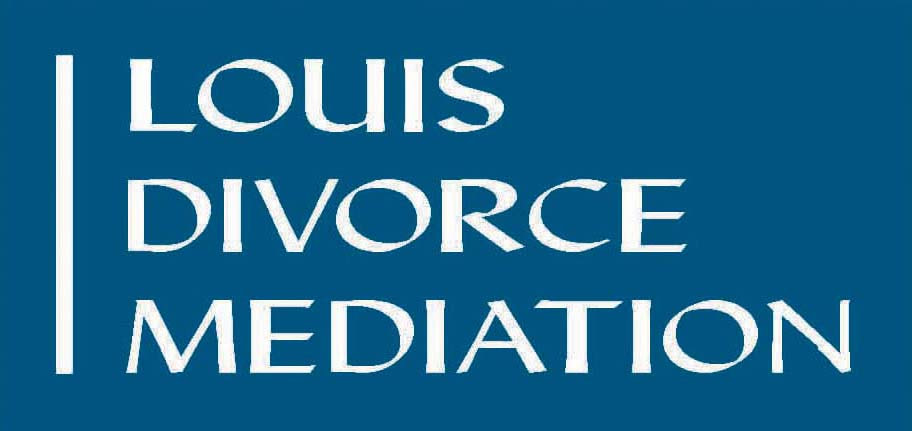Louis Divorce Mediation ~ Online and In-Person Mediation in Chicago
|
Over the years, most of the divorces I have mediated have ended with complete agreement between spouses, allowing them to build their own plan for moving forward with their separate lives.
Generally, clients who self-refer to mediation are looking for a process that will maintain civil and respectful conversations, utilizing the skills of a neutral third party who has an understanding of what elements need to be included in their plan. Perhaps one reason for the high rate of agreement is that most of my clients come to me voluntarily—not referred by the court system. Generally, clients who self-refer to mediation are looking for a process that will maintain civil and respectful conversations, utilizing the skills of a neutral third party who has an understanding of what elements need to be included in their plan. That’s not to say that mediation is easy, as reaching agreements often requires a couple to look inward at their own needs, acknowledge the needs of the other, and develop options that have the best chance of meeting both sets of requirements. The end of a “successful” mediation can be filled with a range of emotions. For clients, there is often a sense of accomplishment, sometimes to their own surprise. While their marriage did not work, they were able to team up to make their own decisions for how to co-parent their children, allocate their assets and debts, and create the best possibilities for two sustainable households. At the same time, as the cloud of uncertainty has lifted, replaced by greater clarity about the future, the reality that the couple is approaching the “official” end of their marriage carries its own set of feelings and reactions, including a need to accept both loss and failure. These are competing emotions, having resolved the issues of divorce but now having to face the fact that the marriage has indeed ended. From my chair, I always attempt to put the most positive face on what has happened in mediation. While a mediator’s skills—structuring an effective process and facilitating difficult conversations—play an important role in helping a couple meet their goals for coming to mediation, the real credit belongs to them. After all, mediation requires the courage to try a process that involves total transparency and take responsibility for doing the work of gathering information, engaging in challenging conversations with a soon to be ex-spouse, and making choices about the future. And so along with giving my clients credit for what they have been able to achieve in mediation, I close every mediation with gratitude that they trusted me to play a role in their transition. Divorce is an experience that most want to forget so they can move on, but, for me, the honor of making a difference is unforgettable.
0 Comments
Leave a Reply. |
Categories |
David Louis, MPA, CDFA® • Louis Mediation Services - Chicago
|
Chicago Office: 1700 W Irving Park Rd., Suite 105, Chicago, IL 60613
Northbrook Office: 555 Skokie Blvd., Suite 500, Northbrook, IL 60062 |
Copyright © 2024


 RSS Feed
RSS Feed